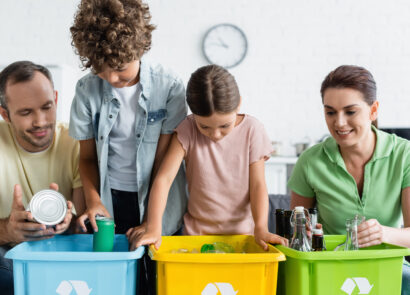The waste bin audits are in and our reusable water bottles, produce bags, and containers are at the ready. That’s right—Product Care’s Communications team is joining over 120 million participants in 177 countries in pledging to refuse plastics for the month of July.
A global movement
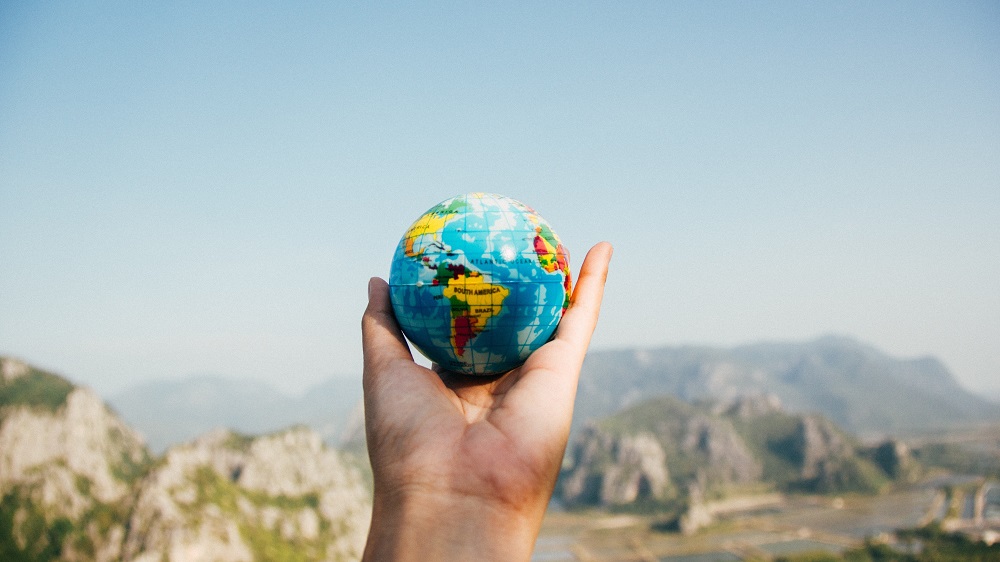
Plastic Free July is a yearly challenge that millions of people undertake by choosing to refuse single use plastics for a whole month. Participants select the duration and level of commitment – you can refuse only the ‘Top 4:’ bags, bottles, straws and coffee cups, or pledge to go completely plastic free for a day, a week or the whole month. These everyday lifestyle changes add up to have a big impact. In 2018, Plastic Free July participants reduced their household waste by an average of 76kg per year, which contributed to a total saving of 490 million kg of plastic waste.
The time is now

We’ve seen images of wildlife caught in plastic, read alarming statistics on plastic pollution, and seen the effect plastic has on our parks and beaches. While the Canadian government moves to enforce a ban on single-use-plastics by 2021, it’s our responsibility as global citizens to protect our wildlife and the natural places we love most.
Plastic Free July lets us be part of the solution by providing an actionable plan to make a difference. So, are you in?
Get involved
Read on to find out how our team prepared for the challenge, and how you can too. Here are 6 steps to get you involved:
- Sign up
- Conduct a waste audit
- Get ready
- Choose to refuse
- Encourage others
- Share your progress
Sign up
You can join the movement by signing up online in seconds. It’s free, and gives you access to resources to help with the challenge, such as a list of alternatives for common plastic items.
Conduct a waste audit
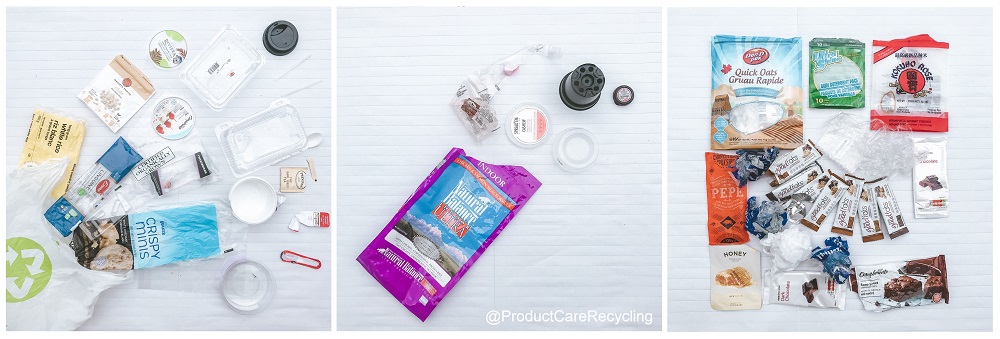
Before you start, it can be helpful to conduct a waste audit. After Sam, our Digital Marketing Specialist audited her plastic use, she learned “how easy it is to accumulate plastic, even when you’re really trying not to.” The process of observing your waste and confronting your environmental footprint can be difficult for some. But knowledge is power, so rather than letting it get you down, let it motivate you. Sam said, “Looking at the waste I’ve collected, there’s not really anything in there I won’t be able to avoid or replace, so I’m feeling pretty positive about the challenge. I’m also lucky to live somewhere that plastic-free alternatives and refill stores are available to me, which will help.”
Get ready
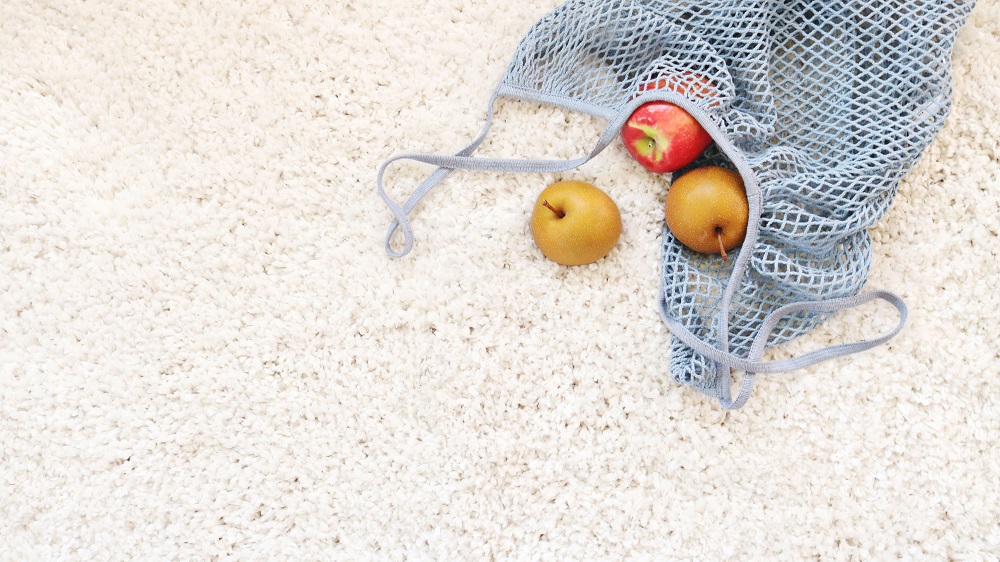
Depending on how much you’re challenging yourself, you might need resources, like time or containers, before you get started. Kristina, our Marketing & Design Coordinator, lives a zero-waste lifestyle and uses a tool kit to help her eliminate waste. Two years in, she still finds food-related plastics – “like soft plastic around cheese, or the tub yogurt comes in – particularly hard to avoid”. Like many of us, she leads a busy lifestyle and “can’t always make it to her refill store”. She’s going to challenge herself and see if she can “make a single stop at the refill store for the month and get all of the things I need for four weeks. This will require some mental preparation in terms of what containers I need to bring for refilling and a rough idea of what I’ll be eating at home for the month”.
Choose to refuse
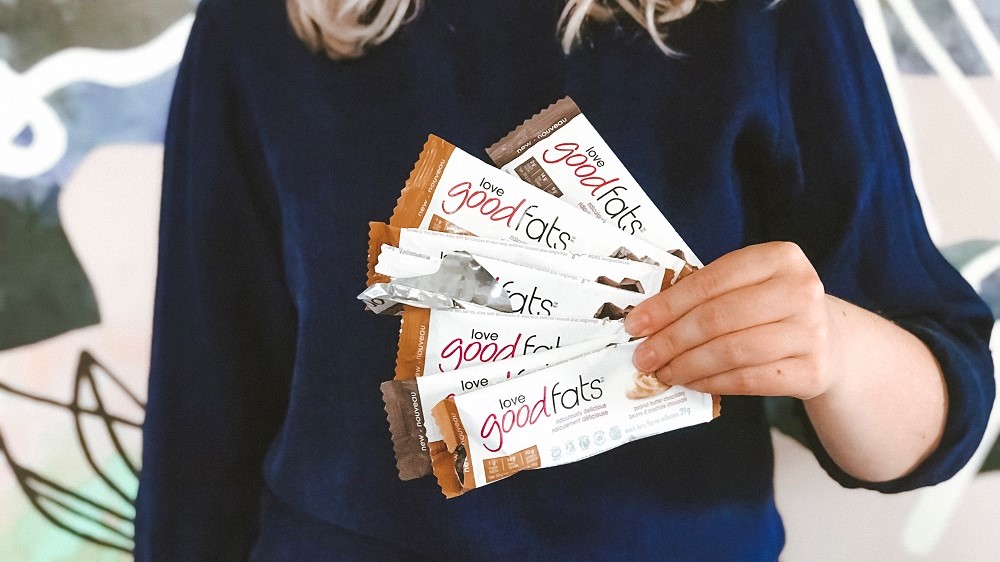
Sam identified breakfast bars as the most common item she collected packaging from
Refusing plastics, when possible, is the first step to reducing the amount you use. This might mean swapping to plastic free alternatives if they are available, or eliminating items together. For example, Sam identified breakfast bars as the most common item she collected packaging from. As someone who rushes to work each morning, it’s a habit of convenience that she’s had quite a lot of trouble breaking. She will try to combat this by planning ahead and having a homemade breakfast ready the night before.
Encourage others
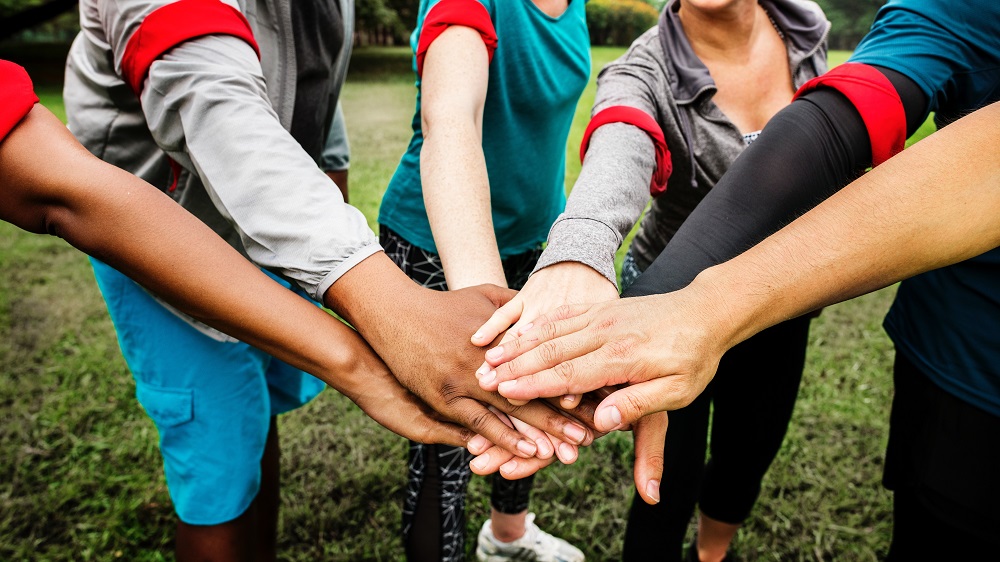
Talk to others about the challenge—there are a lot of people who want to learn more about reducing their waste. Be sure to share positive solutions you’ve found with others rather than simply presenting the problem – it’s more empowering! And importantly as Zero Waste Chef says, « Don’t worry if you can’t complete the challenge perfectly. If you make a slip, move on and just keep trying. You’re doing your best, and that’s the most important thing”. Nat, our Communications Coordinator, suggests asking your family, friends or coworkers to join the challenge with you. “Having the support of my co-workers is a big motivator for me. Knowing I can come to them for advice and talk through any challenges I might face is really encouraging.”
Share your progress
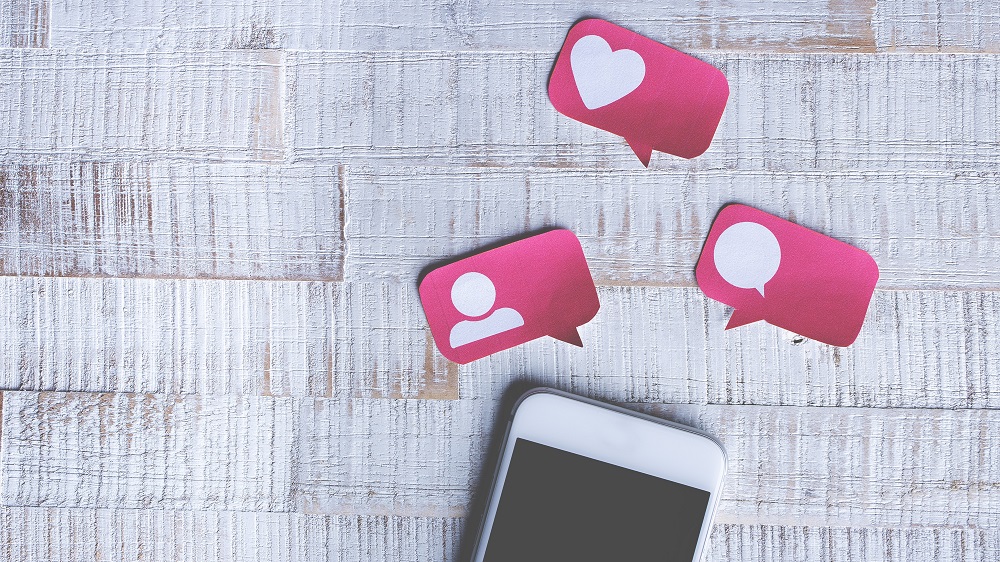
You are not alone! With 120 million participants in 2018 and more than 175,000 posts about #plasticfreejuly on Instagram alone, there’s a whole community of people sharing their journeys, tips, and tricks online. If you feel up to it, share a post about your progress. You might be just the motivation someone needs to make a change. Don’t forget to follow Sam, Kristina & Nat’s progress on Product Care’s Facebook & Instagram.
We will be sharing how Plastic Free July went for us with another blog at the end of the month – so keep your eyes peeled. Good luck!
Read about our favourite zero waste tips from our office, or check out these waste-reducing bathroom swaps.

